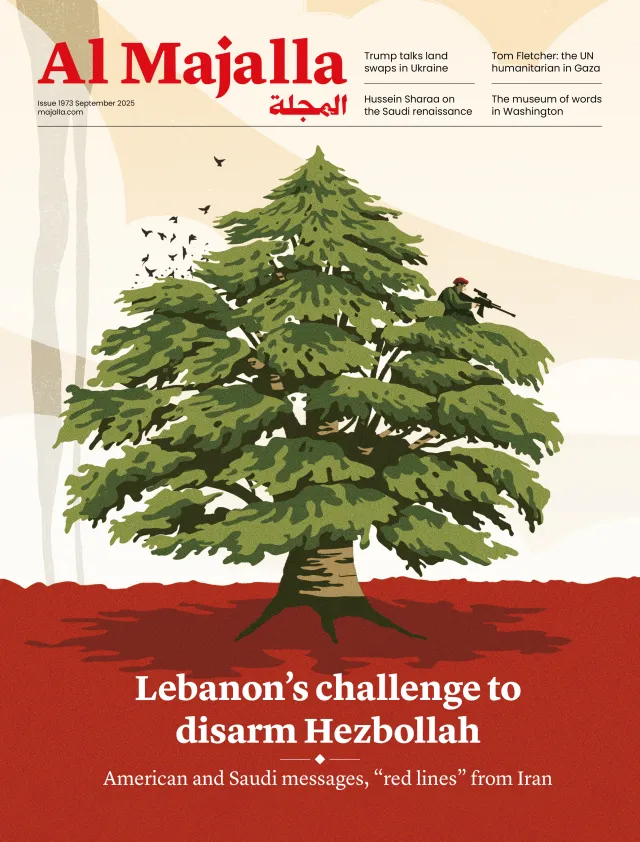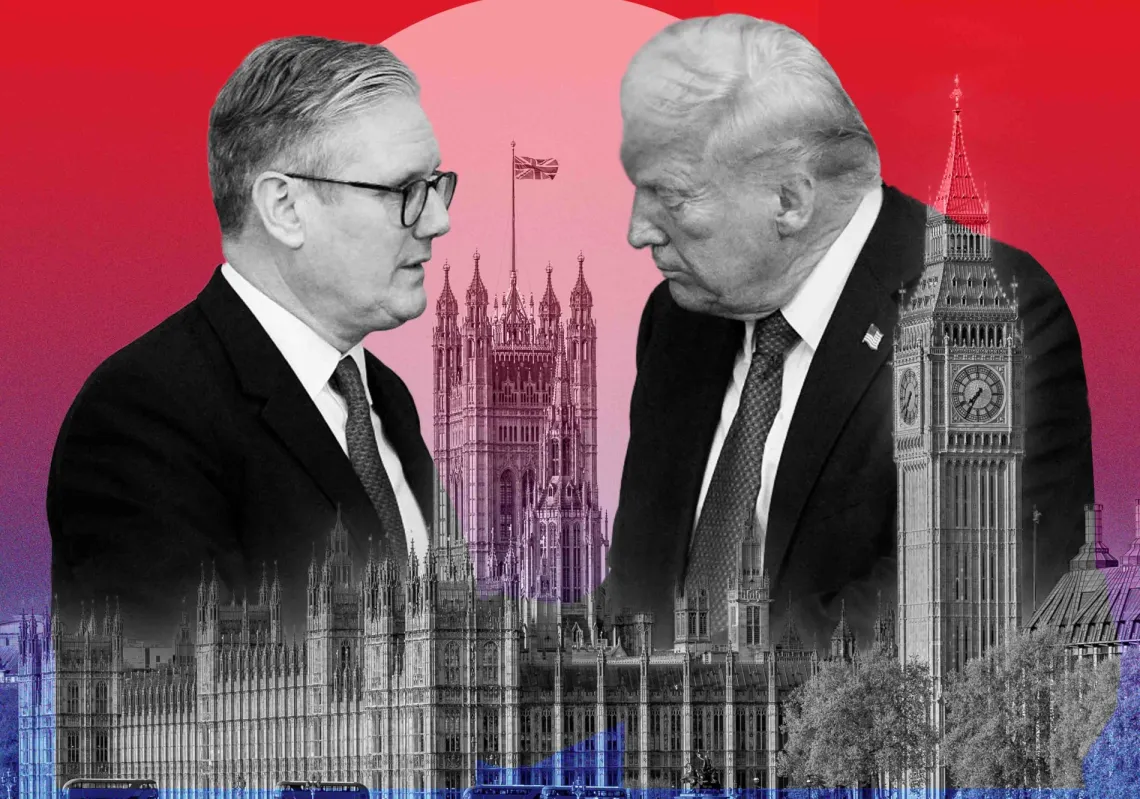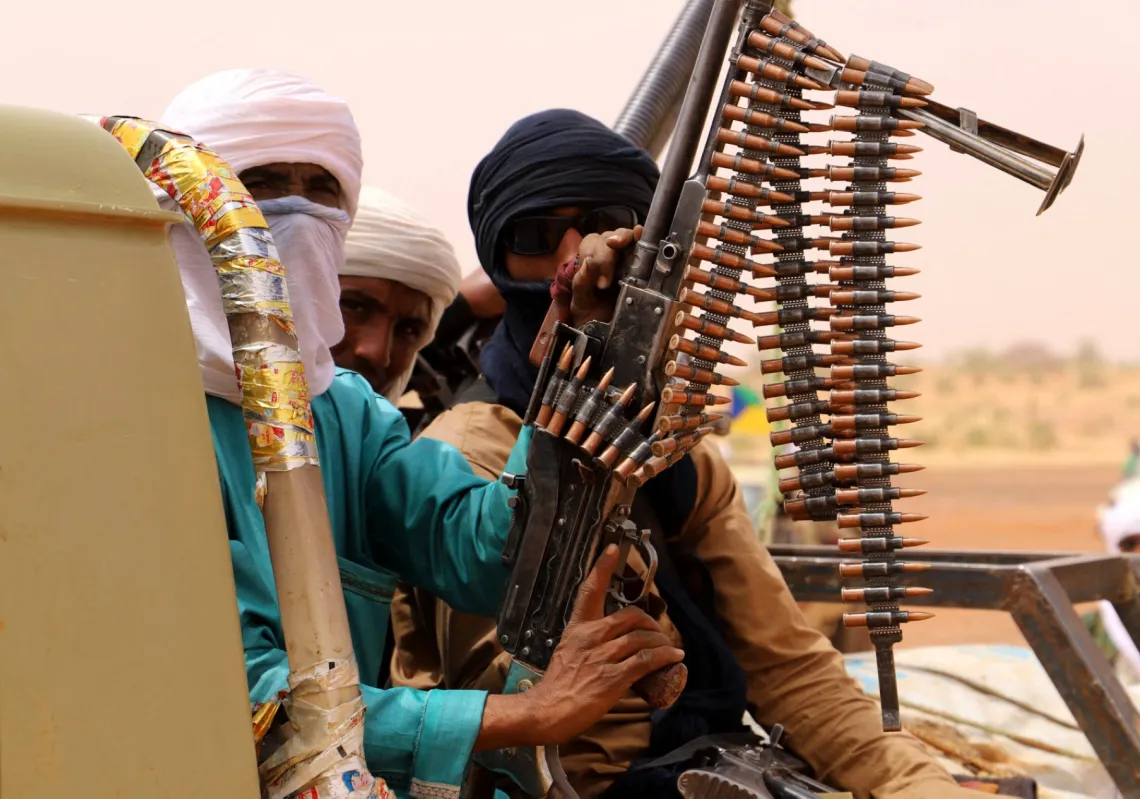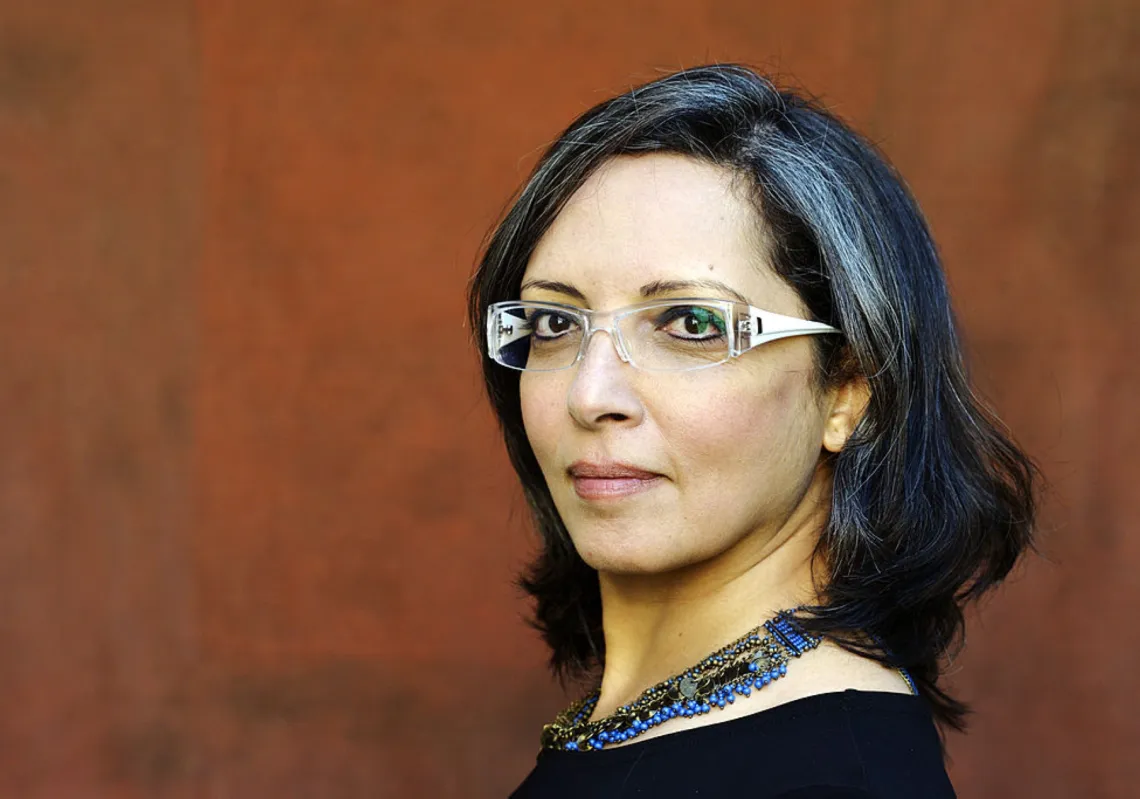When the prime minister requests not a retired and respected head of state, but the intelligence chief to defuse tense relations between the president and the army chief, you can guess who is running the show. In Pakistan, Lieutenant General Ahmad Shuja Pasha, the director-general of the Inter-Services Intelligence (ISI), is more often in the news than many of the country’s ministers.
Pasha’s influence should not be surprising: ISI, the country’s apex intelligence agency, is often described as a “state within the state,” operating autonomously and sometimes in direct confrontation with constitutional powers. The profiles of the previous ten ISI chiefs reflect its preponderant role, always in close cooperation with the armed forces. All 10 are high-ranking army officials, three went on to assume the army’s top role (as chief), one was nominated chairman of the Joint Chiefs of Staff Committee, and one other was directly involved in staging the coup that brought General Musharraf to power. There is also a darker, more militant dimension. In 2008, the US lobbied for two former ISI chiefs to be placed on the United Nation’s international terrorist watch list. Three other ex-ISI chiefs are members of the Tablighi Jamaat, a transnational organization that often serves as a safe haven for terrorists.
As with his predecessors, General Pasha has an impeccable military career. After joining the army in 1974, he served in virtually all of Pakistan’s security hotspots, from Quetta in Baluchistan and Sialkot across Indian Kashmir, to the tribal areas of Waziristan and the Swat valley on the explosive Afghan border. The way he was appointed to lead ISI in October 2008 was typical as well, following the indication of General Kayani, the powerful army chief who many identify as his mentor.
But, at the same time, the 58-year-old general’s profile also departs drastically from that of his predecessors. He is part of a generation of Pakistani officials who never fought a war with India. He also has vast international experience, having trained in Germany in the 1980s (he speaks fluent German), and then having led a UN peacekeeping command in Sierra Leone in 2001-2002. Finally, the man who someone described as a “short, wiry man with carefully parted hair,” is the first ISI boss in a long time who is available to, at least partially, realign the agency’s interests with those of the US. Pasha’s distinct profile has thus, since his arrival at the helm of ISI in October 2008, made an impact on four different fronts.
First, under his leadership the ISI has embarked on an unprecedented mission to revamp its international image. On the one side, this has led to a campaign of “public intelligence,” in line with the very fashionable public diplomacy concept. Never before have so many Western journalists and delegations been invited to visit ISI’s headquarters in Islamabad, where they are object of an intense PR campaign “over tea and PowerPoint briefings.” On the other side, on the terrain, the agency has also tried to at least give the impression that it is distancing itself from the radical nest of Islamic extremist organizations it had nurtured in the past. This includes the Taliban, whose regime in Afghanistan it supported actively before 2001, but also militant groups like the Lashkar-e-Taiba, which operates from Pakistani Kashmir to target India and has, over the last decade, developed a more international profile and close relations with Al Qaeda. All this is, of course, no easy task. Former ISI officials describe the extremist conglomerate as a “monster out of control.”
Second, General Pasha has also thrown his weight into the normalization of relations with India. While Mumbai was still recovering from the bloody terrorist siege in November 2008, and less than two months into his new job, he made an unparalleled overture by offering to travel across the border and cooperate with his Indian counterparts to inquire into the attackers’ origins and logistics. More recently, he also provoked public furor by being the first ever serving Pakistani military official or ISI boss to attend a public function at the Indian Embassy in Islamabad, or by inviting the local Indian defense attachés for a briefing.
These symbolic gestures are also in line with Pasha’s efforts to reposition his agency as a responsible stakeholder in Pakistan’s shaky democratization process. The constitution makes ISI responsible to the prime minister, but the agency’s almost exclusive military cadre and profile have in the past often turned it, de facto, into the operational and political arm of Pakistan’s armed forces. To regain the confidence of the civilian stakeholders, Pasha has thus been making regular testimonies before parliamentary and senate committees, briefing the elected representatives in detail about the country’s security scenario.
General Pasha’s final mission seems to be to regain the agency’s lost influence in neighboring Afghanistan. In the face of India’s increasing presence across the Hindu Kush, and Islamabad’s generally hostile relations with its Northwestern neighbor, Pasha has adopted a pragmatic stance by channeling efforts towards normalizing relations with Kabul and his Afghan counterparts at the National Directorate of Security (NDS). Anchored in his understanding that it is necessary to separate “good” and “bad” Taliban, as well as to distinguish the distinct Afghan and Pakistani Taliban factions, the ISI boss seems to be interested in brokering a deal between Karzai and the “moderate Taliban.”
The three-star general has dedicated considerable resources in realigning ISI’s agenda on all these four fronts, but doubts remains about the extent to which he will be able to curb some of the more radical factions within his agency, which are hostile to such change. Some critics also underplay Pasha’s personal role, noting that his leadership would be of little impact without constant US pressure or General Kayani’s backing. At the end, however, the man who a Der Spiegel journalist described as a “bright, confident officer with twinkly eyes and an analytical mind” seems to be the right person to manage ISI’s new era of public intelligence.







